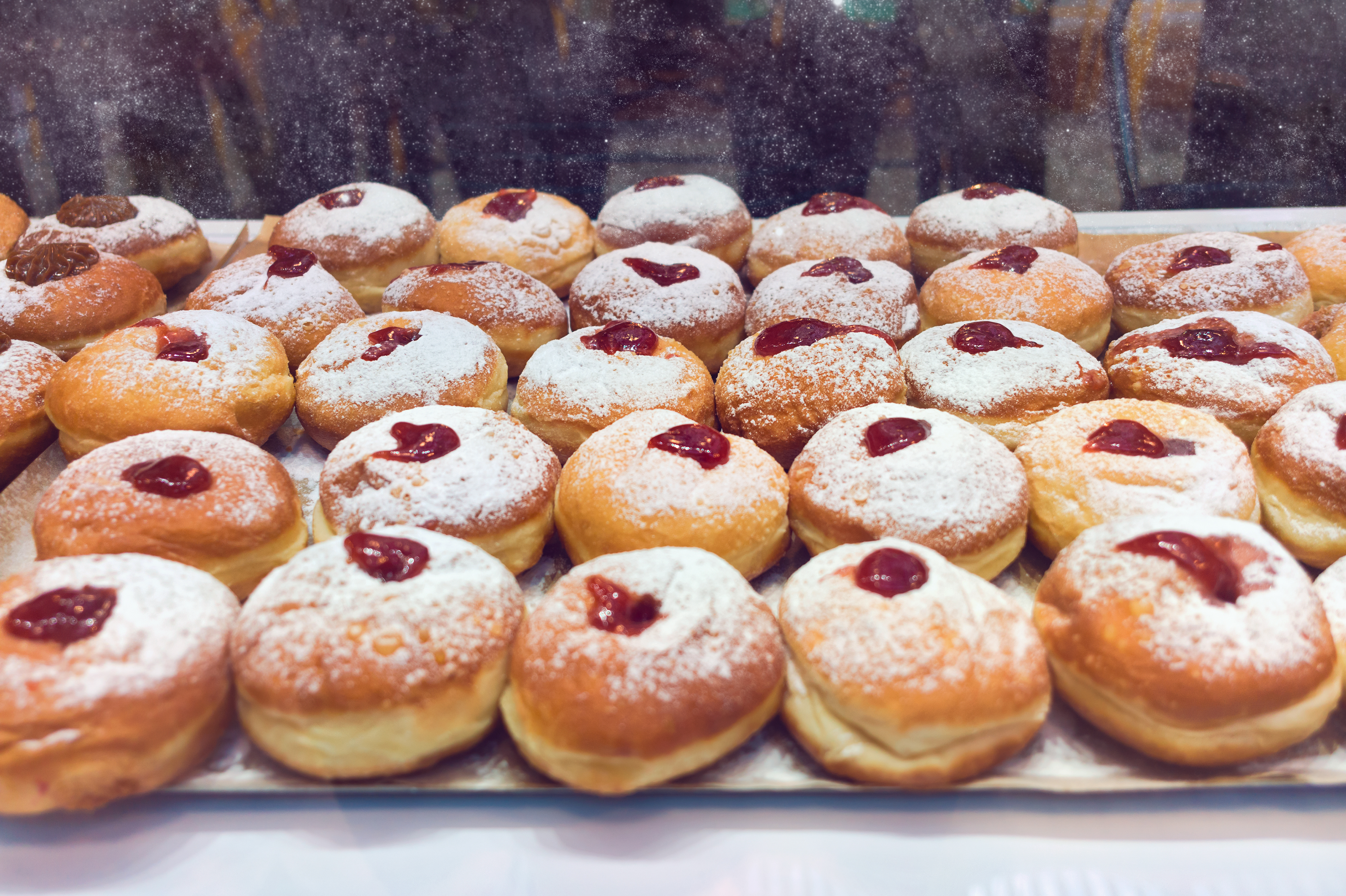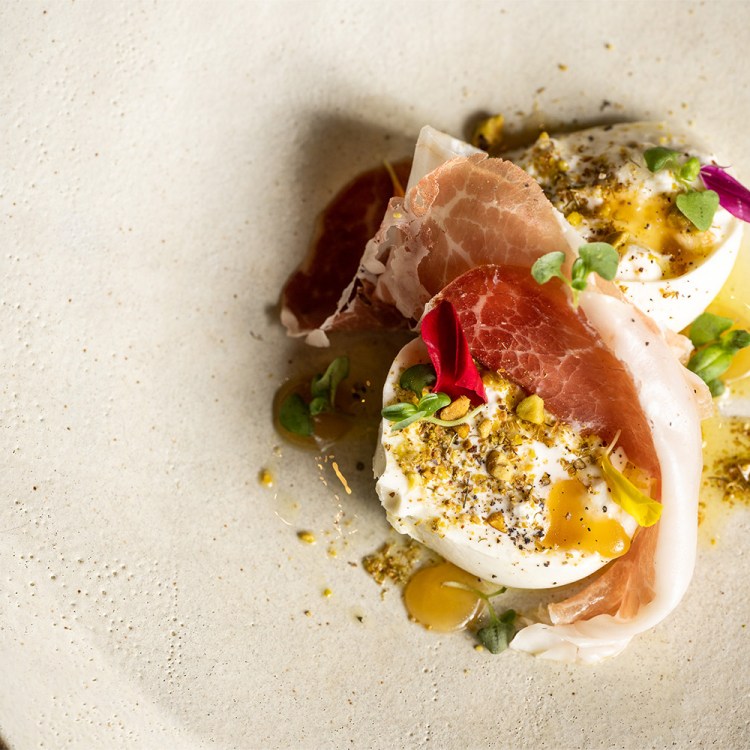As the weather turns colder, it feels more and more like the right time for a certain variety of cookie: gingerbread. Whether gingerbread men, gingerbread stars or gingerbread houses, these cookies are both spicier and more hearty than your average winter sweet. They might remind you of time spent with family or friends, a walk in a winter market or the feeling of accomplishment that comes from baking. But it turns out that gingerbread cookies have a more ominous history than what is commonly assumed.
In a new essay at CrimeReads, mystery novelist Maya Corrigan ventured into the disquieting history of gingerbread — which includes more than a few references to cannibalism, albeit of the symbolic variety.
Corrigan identifies a precursor to gingerbread cookies as one of the ingredients of a Saturnalia celebration in the days of ancient Rome. “The decadent festivities included excessive drinking, eating, and carousing,” Corrigan writes. “Celebrants gobbled down man-shaped biscuits representing the culminating event of Saturnalia — human sacrifice as a gift to appease the gods.”
Corrigan also notes that Queen Elizabeth I would have one of the palace staff bake gingerbread figures of her suitors and guests. Whether or not she ate them is unknown, but it certainly seems like a waste of perfectly good gingerbread if she (or someone in her court) did not.
And then there’s the story that prompted a resurgence in gingerbread’s popularity: Hansel and Gretel. (The 1812 version, not the movie with Jeremy Renner.) Much like the popularity of The Queen’s Gambit has sparked demand for chess sets, so too did Hansel & Gretel make 19th-century audiences crave gingerbread. Only one of these stories involves cannibalism, however. Exploring its history reveals that gingerbread is more transgressive than you might think. Who saw that coming?
Thanks for reading InsideHook. Sign up for our daily newsletter and be in the know.

















